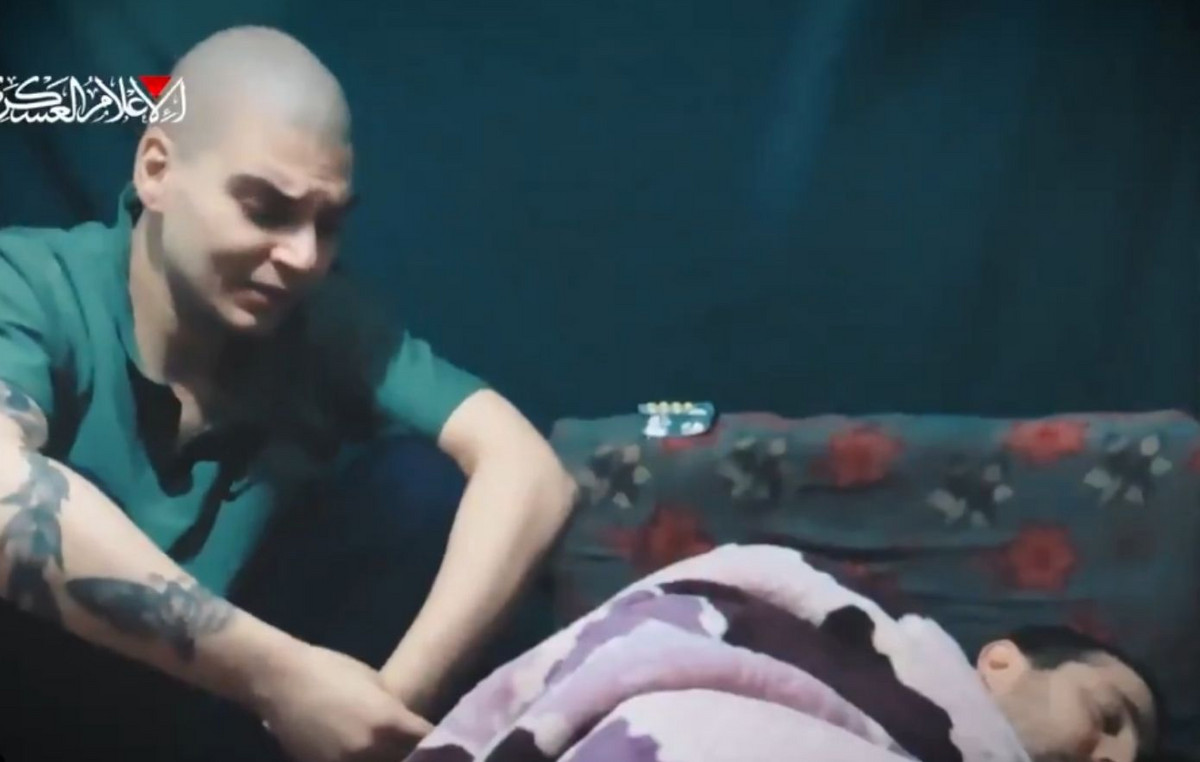Only the 15% of the 30 thousand children who in Italy would need it is able to access the pediatric palliative care. Well 7 regions do not have centers or structures dedicated to this service specialist: as a result, young patients and their families are forced to make exhausting journeys and spend long periods away from home to receive the necessary care.
The alarm is raised Peter Pan ODV – volunteer organization that welcomes, together with their families, children with cancer who travel to Rome to receive the necessary care – on the occasion of the conference Quality of life, quality of pediatric palliative care. The figure of the caregiver, one of the Roman stages of the third Tour of Italy of pediatric palliative care. An appointment that underlined how, in this area, it is necessary to consider not only the medical aspect but also the emotional and social well-being And psychological of children and their families.
In Italy, strong shortages
According to the latest survey by Agenas (National Agency for Regional Health Services) 38.2% of local health authorities in Italy do not have a team specialized in palliative care. In Italy, only one in four adults is able to access this type of assistance. As regards minors, the percentage stands at around 15%. Data that becomes even more serious if we consider that «this number does not only refer to cancer children, but to all those suffering from rare diseases; if we limit the discussion only to neoplastic patients, that’s it the figure is reduced even further“, explains Renato Fanelli, oncologist, member of the Peter Pan Ethics Committee and of the Regional Coordination for adult and pediatric palliative care. «There is a strong lack of pediatric palliative care centres: in all of Italy there are only eight centres», continues the expert, «which, moreover, not all children are able to access, because there are many logistical disparities in the various areas, the services are all in the center or in the North, and minors in the South are therefore less protected”.
Palliative care perceived as a “failure”
There regional inequality in accessing pediatric palliative care, it is just one of the elements that prevents the majority of children who are entitled to it from accessing it. «Inclusion in a specialist CPP program often occurs late, due to a perception of professional failure on the part of the treating staff», he explained Alessandra Pieroniof the Pediatric Palliative Care Center of the IRCCS Bambino Gesù Children’s Hospital. «Furthermore, many families struggle to accept the idea of moving from a curative therapy to a supportive therapy, especially when is perceived as “abandonment”. The CPPs However, they are not only linked to the terminal phases of the disease, when all treatments aimed at healing have already been attempted. On the contrary, they provide assistance from the moment of diagnosis of an incurable disease and continues throughout the entire trajectory of the disease, even at the same time as other therapies.”
In 90% of cases the caregiver is the mother
The caregiver, the figure on which the meeting focused, is almost always a member of the family, with his own baggage of suffering. According to the Palliped study, in 90% of the cases analyzed, the main caregiver is the mother: «Support for families is an integral part of the pediatric palliative care process», he added Fanellioncologist, member of the Ethics Committee of Peter Pan he was born in Regional coordination for adult and pediatric palliative care. «The family unit is the first community in which the patient experiences his illness and it is here that the figure of the caregiver, very important in patient care, is identified. The caregiver and the whole family are subjected to a heavy emotional burdenit is therefore absolutely necessary that the treatment team takes care of the family, especially if children or minors are present.”
The work of Peter Pan ODV
Peter Pan ODV offers young patients and their families 360-degree support, including a
service of psychological support: «We don’t just guarantee our guests an accommodation and a point
logistical reference during the treatment period. We offer them spaces to listen and share, so that
do not feel alone in the difficult moment of illness and can freely express their thoughts
own emotions and fears. We manage to do this thanks to the professionals who collaborate with us and
thanks to our volunteers, always open and attentive to every need of the children and theirs
families” concluded the president of Peter Pan ODV, Roberto Mainiero.
Source: Vanity Fair
I’m Susan Karen, a professional writer and editor at World Stock Market. I specialize in Entertainment news, writing stories that keep readers informed on all the latest developments in the industry. With over five years of experience in creating engaging content and copywriting for various media outlets, I have grown to become an invaluable asset to any team.







